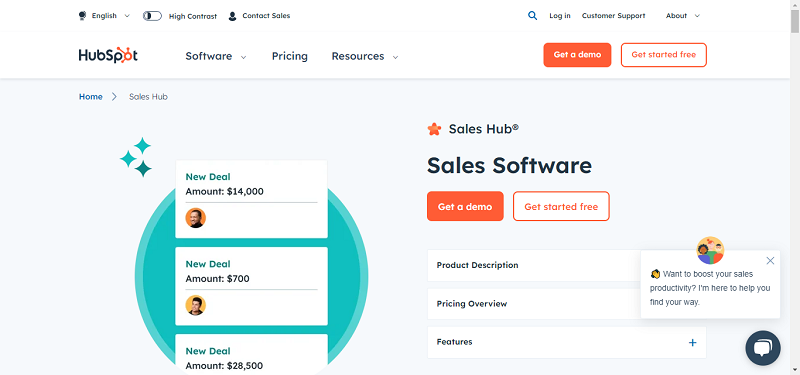Today’s factories are undoubtedly more intelligent than they were in the not-so-distant past, and that’s due in large part to cloud computing and the Internet of Things (IoT).
Numerous specific developments were particularly instrumental in making modern facilities better equipped and more future proof than many people dreamed possible.

Some of the most progressive smart factories constantly evaluate ways to improve their practices.
However, data from an Oracle study found 60 percent of respondents felt having a rigid IT infrastructure hindered innovation. With an enterprise-level cloud platform in place, smart factory managers can eliminate many of the factors that previously slowed or prevented successful changes.
Factories often face pressing deadlines and expanding order sizes, both of which can be severely disrupted if unforeseen issues halt operations for even a few minutes.
The smart factories that have capitalized on IoT and noticed gains are often those that tap into the technology to predict equipment failures and prevent them.
A 2016 survey from PwC estimates technology could reduce maintenance costs for industrial trucks by up to five percent. Onboard sensors track performance and usage statistics, then recommend prompt repairs after detecting issues. This approach can be used in plants as well.
Well-equipped smart factories collect data about almost everything that happens in a facility.
When that material gets stored in the cloud, business leaders no longer have to primarily rely on educated guesses if new or existing clients propose new orders or changes to existing ones.
Real-world data from a smart factory aids business leaders in making wise decisions that take a facility’s capabilities into account. Also, the cloud can process it almost instantly, so customers get quick responses and stay satisfied.
Some smart factory managers rely on detailed interfaces that tell them where supplies, products or other crucial inventory is in a facility at any given moment.
After digesting that data, they can make necessary decisions, such as whether to speed up or slow down processes based on the workflow.
The knowledge of where inventory exists in a facility is especially important in huge facilities. For example, this Chinese industrial park sprawls across an area spanning 2.8 million square feet. Imagine trying to track where specific products are without the use of smart tech in an area that large.
Stanley Black & Decker depended on Cisco to provide a real-time location system with sensor-equipped tags that show the progress of each component in the production line.
Then, managers at one of the brand’s Mexican plants capitalized on the greater operational visibility and determined how to remove obstacles. Ultimately, the effectiveness of the facility’s labor force rose by 10 percent due to the technology.
Even people who are just slightly familiar with the manufacturing sector know it can rapidly fluctuate. Industry forecasts and customer demands are two of the many things that can cause production levels to change.
One of the reasons cloud computing enables the increased prevalence of smart factories is because the technology lends itself to scalability. As mentioned earlier, innovations are often easier to achieve with cloud computing than without it.
Whether a smart factory has its sights set on an emerging technology or wants to boost business operations and emerge as a formidable player in a new market, cloud platforms allow for quickly Scaling up to cater to changing needs.
Also, many enterprise providers offer pay-as-you-go service. That option is even more appealing to smart factory leaders who may not be willing to make commitments with long-term contracts.
The above scenarios strongly illustrate why cloud computing and IoT have both been so instrumental in helping smart factories keep up with modern needs.
As technologies improve and new possibilities are realized, those technologies should continue to dominate in the coming months and years.
By Kayla Matthews





